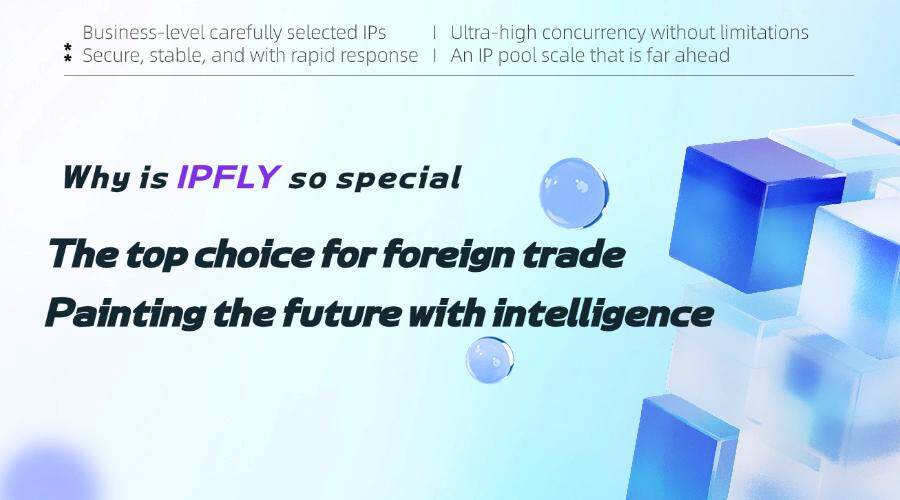When navigating digital spaces, especially those requiring access across geo-restrictions or IP-sensitive platforms, proxy services come into play. Miga Proxy is one of the names that surface in discussions about residential or rotating IP solutions. But what exactly is it, and how does it fit into the broader proxy ecosystem?
In general terms, services like Miga Proxy offer users a way to route their traffic through an intermediary server. This allows websites to see a different IP address, often tied to a residential or data center source. The goal? Better anonymity, bypassing geo-blocks, or handling web scraping tasks without getting blocked.

Common Use Cases for Proxies Like Miga
Whether you’re involved in digital marketing or just want smoother access to global content, proxy solutions are increasingly practical. Users often turn to services such as Miga Proxy for:
- Web scraping at scale
- Bypassing regional restrictions
- Verifying ads from different countries
- Automating tasks across multiple platforms
- Maintaining privacy during research
These services support a wide range of industries, from e-commerce to cybersecurity research.
How Proxy Types Influence Performance
Proxies come in various types—residential, datacenter, and static residential proxies. While we won’t delve into Miga Proxy’s exact offerings, it’s worth understanding why static residential proxies in particular are gaining attention.
Unlike rotating proxies, static residential proxies maintain the same residential IP for a longer period. This consistency is useful when dealing with platforms that flag too many changes in IP addresses. Businesses that need persistent sessions without compromising the legitimacy of their traffic often prefer this setup.
A Note on Security and Reliability
Any proxy service you choose should prioritize privacy, speed, and success rate. While Miga Proxy might claim to offer secure access, always verify whether the service uses self-owned infrastructure or relies heavily on third-party resellers. That difference can affect performance and reliability significantly.
It’s also important to assess whether your traffic routes through legitimate residential IPs, rather than suspicious or recycled pools. Mismanaged IPs can easily lead to blocks or degraded performance.
Considering Alternatives: What Else Is Out There?

While evaluating options like Miga Proxy, it’s useful to compare other established providers. IPFLY, for instance, is known for its static residential proxy solution, which offers over 90 million IPs sourced ethically and verified through self-owned infrastructure. It’s widely used for e-commerce, ad verification, and social media automation.
More importantly, IPFLY focuses on high success rates and stability, which can make a significant difference in use cases requiring uninterrupted sessions. The platform also supports global coverage across 190+ regions, making it suitable for businesses operating internationally.
How to Choose the Right Proxy Provider
When selecting a proxy solution—whether it’s Miga Proxy or another vendor—consider the following criteria:
- IP source and ownership: Is the provider using ethically sourced IPs from real users?
- Session persistence: Are the IPs stable enough for long-term logins?
- Geo-targeting support: Can you select specific countries or cities?
- Customer support: Is help available when you need it most?
- Success rate and speed: How well does the proxy perform under pressure?
These questions can help guide your decision, especially if you’re integrating proxies into business-critical operations.
Final Thoughts

Proxy services like Miga Proxy have earned attention for their role in enabling online flexibility and anonymity. But no single provider fits every need. Whether you’re browsing for research, handling multiple accounts, or conducting large-scale scraping, it’s crucial to understand the technical differences between options—and compare them based on transparency and reliability.
If you’re seeking a provider with proven infrastructure, consistent IPs, and global reach, alternatives like IPFLY’s static residential proxies are worth exploring. They align with commercial needs that prioritize security, control, and long-term session success—without compromising on speed or compliance.


